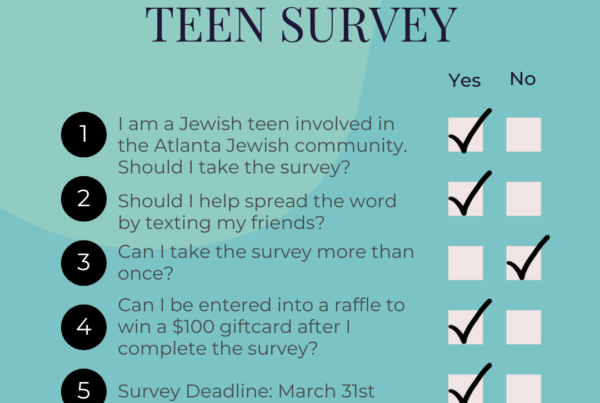By Dr. Betsy Stone and Hope Chernak
 Our teens are looking for on-ramps for conversations with adults in a safe
Our teens are looking for on-ramps for conversations with adults in a safe
space. “13 Reasons Why” can be used as a tool to discuss difficult
situations and behaviors that often come up in conversations with teens
today as well as played out in the hallways of their schools. Teens that
haven’t seen the show are also impacted by the experiences and
information they are hearing about the show with their friends and with
social media.
Here are some basic ideas that should guide you when speaking to teens:
If you initiate the conversation, remember to then let your teen carry the conversation (LISTEN).
- Listening is a long-term proposition. To really listen, you have a listen over an extended period of time. That means sitting with someone without other ideas racing around in your head.
- Listening to feelings DOES NOT involve trying to talk someone out of their feelings. Just because you wouldn’t be hurt or scared doesn’t mean that a student isn’t hurt or scared. Respect the feelings people share with you. It’s one of the kindest and most powerful reactions you can have to someone sharing with
you. - You don’t know how anyone else feels. You know how you feel. When you tell someone you know how they feel, you’re actually telling them that you’re not listening.
- Problem solving isn’t listening. When someone wants help with a problem, offer help. But most people don’t want help until they have shared their feelings about complicated problems. And they get to decide what’s a complicated problem.
- Sometimes the things you hear upset you. That’s reasonable. Who can you go to for your sounding board and support? Will they listen?
- Don’t promise that you will keep secrets. Sometimes you can’t.
- Sometimes the things you hear seem dangerous. If you’re worried about danger, you can’t leave the teen alone and you need to get help ASAP. Who is your go-to person? How would you contact them?
- Take your time. You don’t have to have answers to every question. “let me think” or “let me get back to you” are perfectly reasonable ways to let yourself calm down enough to think.
Other tips:
- Remember to ask open ended questions.
- It is important to allow our teens to have the space for dialogue and let them fill in the gaps instead of us speaking the entire time.
- Use language that is appropriate for the teen that you are speaking to (e.g. age, maturity, intellect).
- Possible questions to ask teens about “13 Reasons Why”:
- What parts of the book /or show they found interesting?
- What parts of the book/or show they found difficult or bothered you?
- What parts of the book do you think adults will find difficult?
- What do you think was missing from the show?
- What are your friends discussing about the show?
- Let your teen carry the conversation.
- Be supportive and follow up with appropriate questions.
- What if you don’t understand something that is portrayed in the show?
- Be honest.
- Ask your teen what they think about the questions they posed to you (e.g., “I don’t get that/What’s that all about?”).





